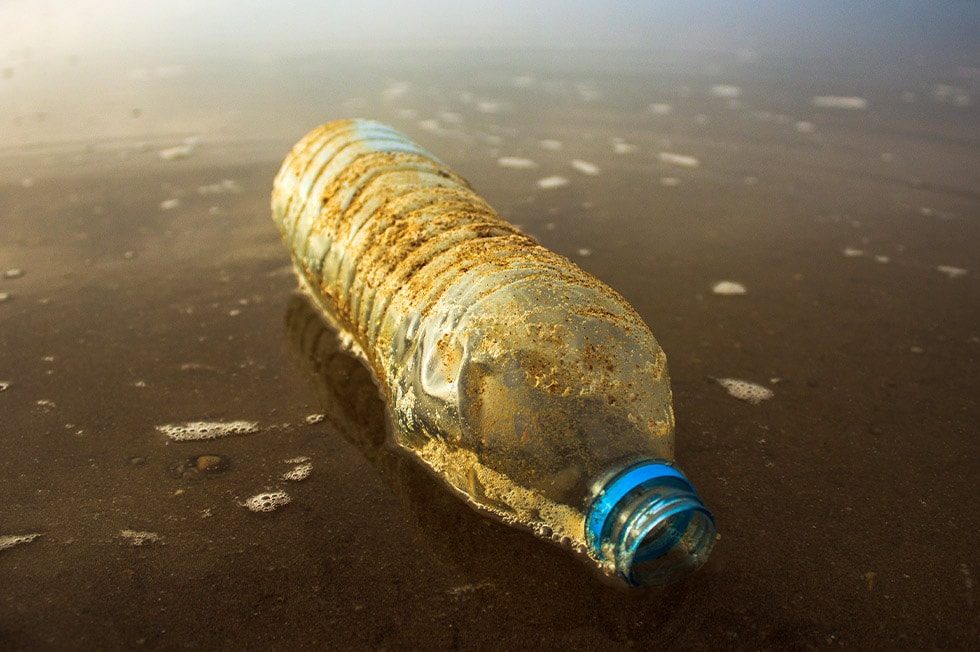Where Does the U.S. Stand on Single-Use Plastics?

Single-use plastics are a staple of modern life; however, the convenience they offer comes at a high cost to the environment. While the benefits of recycling plastic can help offset its use, most of these products still end up in landfills or the environment. In 2017, a study reported that 91% of plastic isn’t recycled and this remains an issue today.
The Environmental Toll of Single-Use Plastics
Plastic pollution, which is largely due to the use of single-use products, is a huge problem, especially for our oceans and marine animals. It is estimated that by 2050, there will be more plastic than fish in the ocean by weight. Our reliance on plastic also has implications for the climate. A recent report found that in 2019 alone, the production and incineration of plastic added more than 850 million metric tons of greenhouse gases to the atmosphere.
A Shift Towards Sustainable Living
Addressing the damaging impact of single-use plastics requires initiatives at every level. Because of the urgent need to protect the environment and lessen our human footprint, several cities and states across the U.S. have instituted policies to curb the use of single-use plastics.
Single-Use Plastic Bans at the State and County Level
Currently, eight states—California, Connecticut, Delaware, Hawaii, Maine, New York, Oregon and Vermont—have banned single-use plastic bags:
- Single-use plastic bans began in 2014, when California became the first state to enact legislation that imposed a statewide ban on single-use plastic bags in large retail stores.
- All major counties in Hawaii have prohibited non-biodegradable plastic bags and paper bags containing less than 40 percent recycled material.
- In 2019, New York became the third state to ban plastic bags, with Connecticut, Delaware, Maine, Oregon, and Vermont to follow shortly after.
- Vermont legislation has since placed additional restrictions on single-use straws.
- California banned single-use straws in 2018 and prohibited plastic hotel toiletry bottles in the following year.
Single-Use Plastic Bans at the City Level
- Single-use plastic bags have also been banned at the city level, with bans in Boston, Chicago, Seattle, Los Angeles, and San Francisco.
- In 2009, Washington, D.C. introduced legislation that requires businesses that sell food or alcohol to charge five cents for each carryout paper or plastic bag.
- Most recently, Honolulu, Hawaii passed Ordinance 19-30. Beginning in January 2021, food vendors can no longer provide plasticware, including utensils, straws, foam plates, cups, and food containers. In January 2022, this policy will expand to include additional plastic food products as well as other businesses.
Amidst the COVID-19 pandemic, many cities and states have temporarily overturned bans on single-use plastic bags due to concerns regarding safety and sanitation.
Institutions and companies have also shown an increased commitment to sustainability. For instance, George Washington University, Washington, D.C., has initiated efforts to phase out single-use plastics from campus.
Given the benefits of recycling, there have also been initiatives to address the flaws in our system. Several states, including Maine, California, Delaware, New York, and Rhode Island, have enacted legislation for recycling plastic bags, specifically at retail stores. More work is needed in this area so consumers can be confident that when they recycle, their plastic products end up where they are supposed to go.
Single-Use Plastic Alternatives
As the government and other institutions are changing their policies, individuals are becoming more aware of their environmental footprint. Sustainable living doesn’t have to be a challenge. There are a number of simple ways you can help eliminate single-use plastics. Here are few examples:
- Need your caffeine fix? Carry a reusable coffee cup
- Forgo using a straw. If you need one, opt for a glass or metal alternative
- Make the switch to reusable water bottles
- Take reusable bags with you on your next shopping trip
- Use reusable produce bags
- Avoid plastic cutlery – use a reusable or compostable option instead
- Reuse containers for storing leftovers
- Ditch plastic storage bags
- Use reusable products to pack your lunch
- Buy in bulk when you can
- Say goodbye to disposable razors
- Make your own cleaning products
- Don’t chew gum, but if you do, opt for plastic free alternatives
- Stop using plastic wrap
- If you do use single-use plastics, try to repurpose them whenever you can
Switching to single-use plastic alternatives is an easy way to make a positive impact on the environment. At Natural Sustenance™, we believe you can achieve sustainability without sacrifice! Feel free to explore our catalog of sustainable products.
How have you eliminated single-use plastics from your day-to-day life?